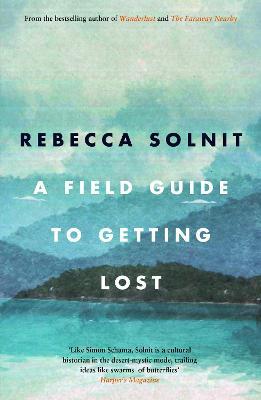Sergeant Cat reviewed The Exiled Fleet by J. S. Dewes (The Divide, #2)
Great sci-fi action entertainment
4 stars
This was a really fun book. There's a lot of action, a lot of adventure, and the story's world opens up quite a bit more so we get a better idea of the history leading up to the events in the first book. I'm kind of sad that I read this right when it came out, because I know it's going to be a long wait for the next book in the series to arrive, and I'm excited for it.








